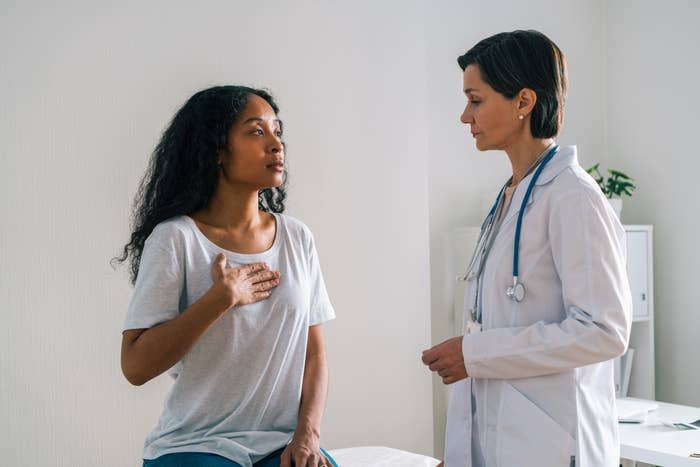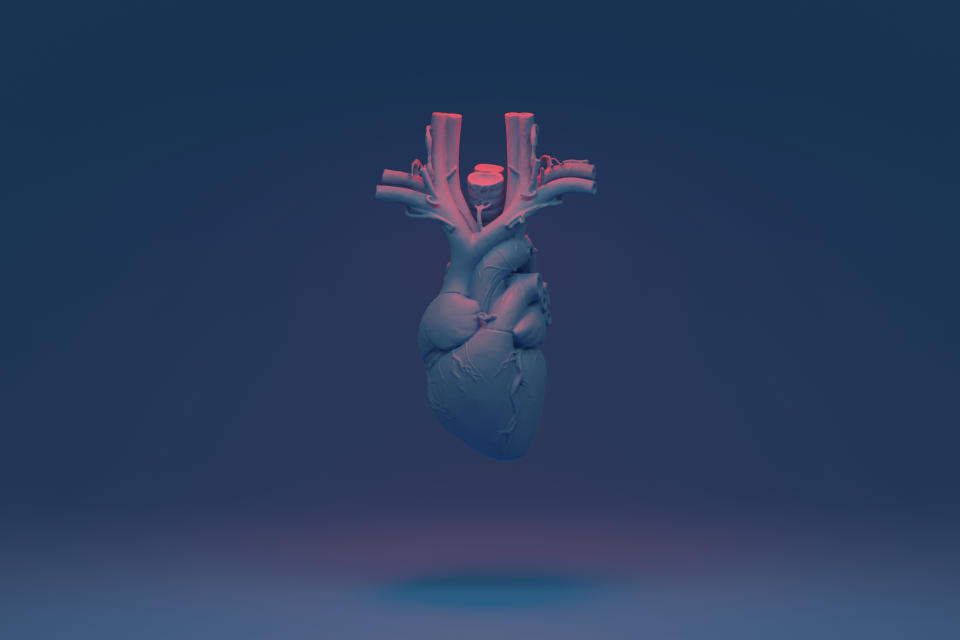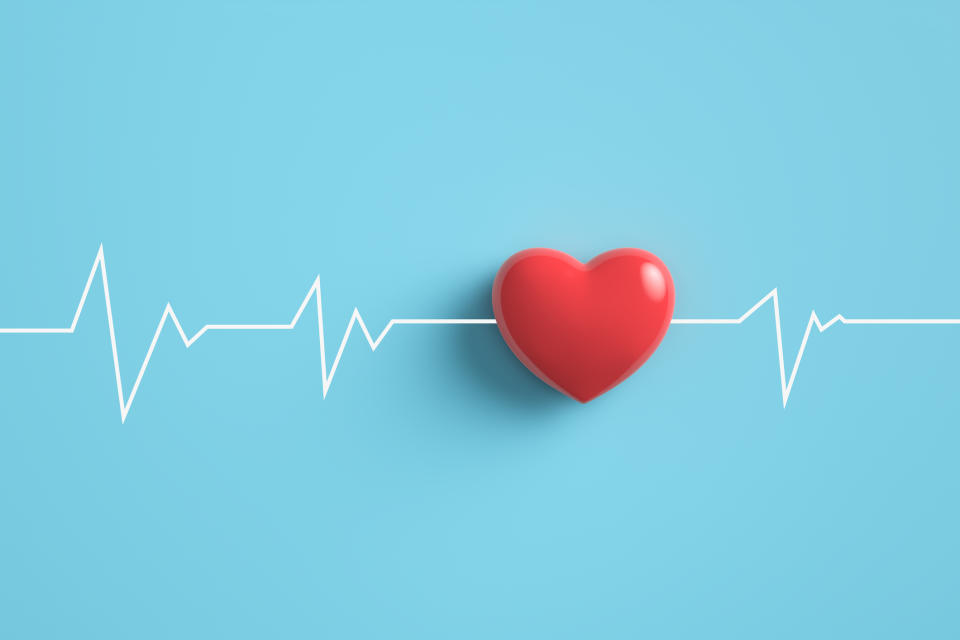Most Women Ignore This Symptom As A Subtle Sign Of A Heart Attack, But It Could Be A Matter Of Life And Death

In a recent segment on the “Today” show, Chantrise Holliman, a mother, wife and heart health educator based in Georgia, shared the story of her heart attack and what seemed like the fairly benign symptoms that accompanied it.
Holliman experienced nausea, vomiting and mild chest pressure. The first two symptoms ― which aren’t commonly associated with heart attacks ― led her to believe the sensations had more to do with her dinner the night before than a serious medical concern.
Like Holliman, many people don’t know that stomach symptoms can, indeed, be signs of a heart attack. While not the most common warning sign (chest pain is most reported), nausea is also not uncommon during a cardiac event, according to Dr. Sean Heffron, a cardiologist at NYU Langone Health.
It “tends to depend somewhat on which blood vessel in the heart is affected,” Heffron explained. Additionally, nausea is more commonly seen in women, Heffron said, as is vomiting.
Other heart attack signs in women include jaw pain, neck pain, a dull feeling of chest discomfort, upper abdomen pain, back pain and excessive tiredness, according to the Centers for Disease Control and Prevention.
“It’s so important to hear stories like this, because many women think it has to be like, ‘I’m clutching my chest and falling to the ground like you see in the movies,’ and it can be much more subtle,” Dr. Tara Narula, a cardiologist and NBC News medical contributor, told “Today.”
Heart attacks can look very different in women than in men, which means that sufferers and doctors alike sometimes dismiss them. But it’s important to recognize the signs, especially since heart disease “is the leading cause of death for women in this country,” Narula told “Today.” “One woman every 80 seconds dies of cardiovascular disease.”
How to tell if your nausea is part of a heart attack

“As far as we know, it’s rare that [nausea is] the only symptom of a heart attack,” Heffron explained. In Holliman’s case, for example, she also said she noticed pressure in her chest.
“And, certainly, a heart attack is far from the most common cause of nausea,” Heffron said. Food poisoning, stomach flu and motion sickness are much more common culprits.
So, you don’t have to panic the next time you feel nauseated. But if you notice additional heart attack symptoms along with nausea or vomiting — like chest pain, sweating, heart palpitations or dizziness — it could be cause for concern.
This is doubly true for someone with risk factors of heart disease like high blood pressure, high cholesterol or diabetes, Heffron said.
In the absence of those additional symptoms, nausea probably isn’t a cause for extreme concern. “On occasion, nausea’s the only symptom, but I think that’s somewhat of an exception,” Heffron said. “It’s not so common.”
How to take care of your heart health

It’s easy to dismiss symptoms that you don’t think are indicative of a heart attack, but it’s important to understand the signs of a cardiac event and how they manifest for women.
Beyond that, you should know what you can do to best take care of your heart. Heffron said you can use the American Heart Association’s Life’s Essential 8 checklist as a resource to maintain or improve your cardiovascular health.
Best practices include eating a diet full of whole foods, fruit, vegetables and lean proteins; getting enough exercise; managing factors like your cholesterol, blood pressure and blood sugar; getting sufficient sleep; and refraining from smoking. All of these behaviors can help keep your heart healthy.
“Obtaining optimal cardiovascular health really includes focusing on these eight metrics,” Heffron noted.
If you do feel unwell, you shouldn’t discount your symptoms, no matter how small they seem.
“I don’t want to overblow it and... freak people out [by saying] all nausea’s a heart attack. By all means, it’s not,” Heffron said. “But by no means is chest pain the only symptom of a heart attack.”
Other, less obvious signs could be your strongest symptoms, and it’s critical you get checked out if you’re at all suspicious.
“If you feel unwell and are concerned about what’s going on, and in particular, if you have cardiovascular risk factors... then those should be reasons to be seen by a doctor,” Heffron said. “Don’t hesitate if there’s any concern.”This article originally appeared on HuffPost.


